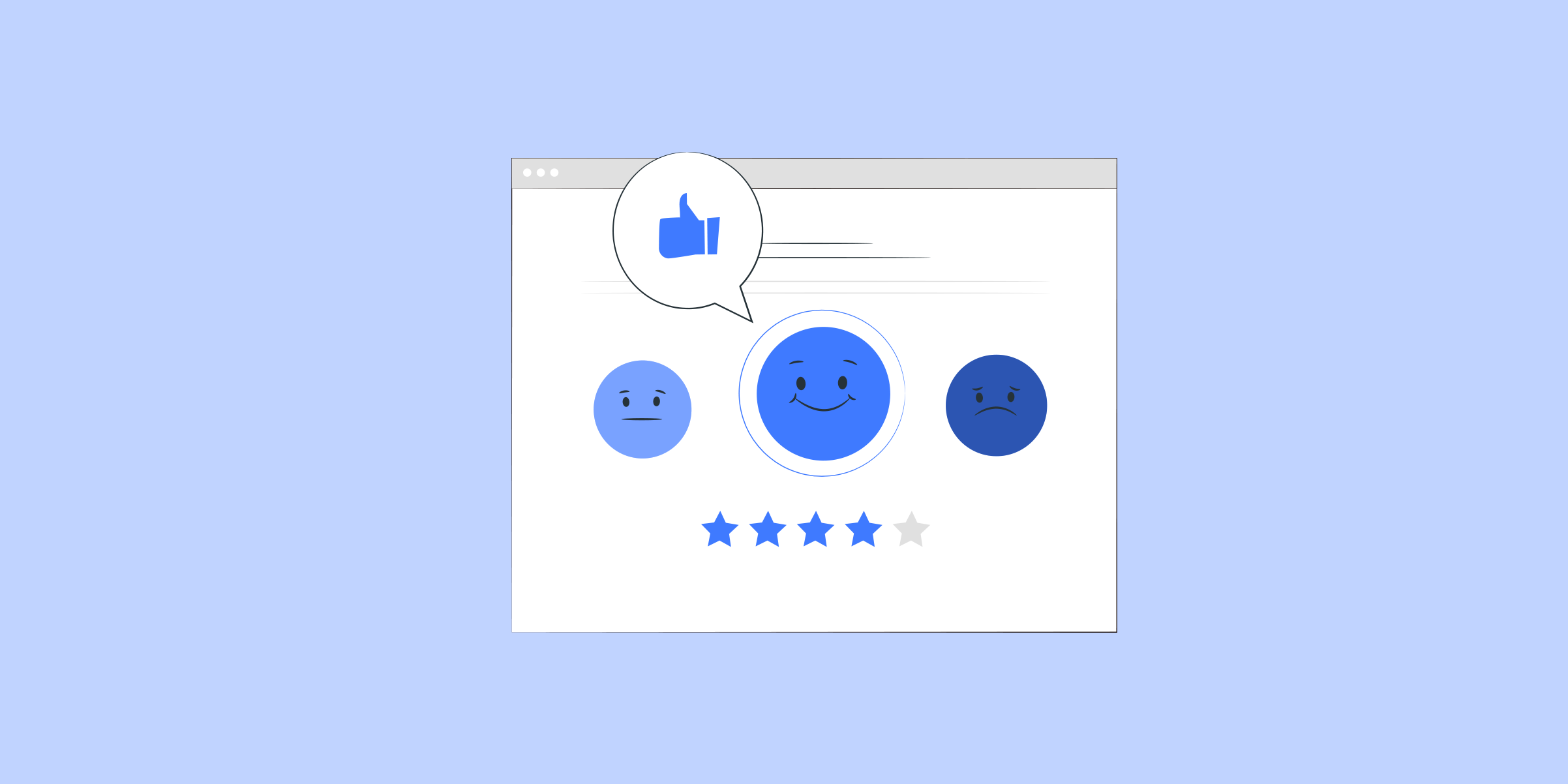住宅代理
來自真實 ISP 的白名單 200M+ IP。 透過儀表板管理/取得代理程式。

代理服務
抓取工具
從所有網站收集公開結構化數據
代理
住宅代理
來自真實 ISP 的白名單 200M+ IP。 透過儀表板管理/取得代理程式。
開始於
$0.6/ GB
Socks5代理
190多個地點超過2億個真實IP,
開始於
$0.03/ IP
無限住宅代理
IP與流量無限使用,AI智能輪換住宅代理
開始於
$1816/ MONTH
輪換 ISP 代理
ABCProxy 的輪替 ISP 代理程式可保證較長的會話時間。
開始於
$0.4/ GB
靜態住宅代理
持久專用代理、非輪換住宅代理
開始於
$4.5/MONTH
數據中心代理
使用全球穩定、快速、強勁的 700K+ 資料中心 LP。
開始於
$4.5/MONTH
移動代理
來自真實 ISP 的白名單 200M+ IP。 透過儀表板管理/取得代理程式。
開始於
$1.2/ GB
English
繁體中文
Русский
Indonesia
Português
Español
بالعربية

Title: 使用Python抓取Google搜索结果以实现有效的SEO
介绍:
在搜索引擎优化(SEO)领域中,了解网页抓取的重要性至关重要。通过利用网页抓取技术,我们可以从Google搜索结果中提取宝贵的见解,并相应地优化我们的网站。在本博文中,我们将探讨如何使用Python抓取Google搜索结果,并讨论它在增强SEO策略中的重要性。
1.了解网页抓取:
网页抓取,也称为网页数据提取,是自动从网站中收集和提取信息的过程。通过网页抓取,我们可以从各种来源获得结构化数据,包括Google等搜索引擎。这些数据可以提供关键字排名、竞争对手分析、热门话题和用户偏好的见解。
2.抓取Google搜索结果的好处:
- 关键字研究: 网页抓取使我们能够分析Google搜索结果,识别与我们的领域相关的热门关键字。通过了解哪些关键字排名较高,我们可以优化网站内容并改善搜索引擎排名。
- 竞争对手分析: 通过网页抓取,我们可以从排名靠前的竞争对手网站提取数据。这有助于我们了解他们的SEO策略,了解他们的关键字使用情况,并识别改进机会。
- 趋势分析: 网页抓取使我们能够从搜索结果中提取热门话题和关键词。这些信息可用于创建与当前用户兴趣相关的相关和引人入胜的内容。
- SERP分析: 通过抓取搜索引擎结果页面(SERP),我们可以评估网站在点击率(CTR)、元描述和页面标题方面的表现。这种分析有助于优化这些方面以吸引更多的有机流量。
- 回链机会: 网页抓取可以识别链接到我们竞争对手但不链接到我们的网站。通过分析这些链接来源,我们可以找到潜在的回链机会,增强我们的离页SEO策略。
3.使用Python抓取Google搜索结果:
Python提供了用于网页抓取的优秀库,使其成为此任务的流行选择。其中一个库是BeautifulSoup,它简化了解析HTML和XML文档。以下是使用Python和BeautifulSoup抓取Google搜索结果的逐步指南:
- 步骤1: 安装所需的库 - BeautifulSoup和requests。
- 步骤2: 使用requests库向Google搜索结果页面发送HTTP GET请求。
- 步骤3: 使用BeautifulSoup解析HTML响应以提取相关数据,如标题、URL和描述。
- 步骤4: 处理和分析抓取的数据,以获得见解并改进SEO策略。
结论:
使用Python抓取Google搜索结果是实现有效SEO的必不可少的工具。通过利用网页抓取技术,我们可以获得关键字研究、竞争对手分析、趋势分析、SERP分析和回链机会等宝贵见解。这些信息使我们能够优化网站内容,增强用户体验,并提升搜索引擎排名。在今天竞争激烈的在线环境中,将网页抓取作为我们SEO策略的一部分至关重要。
相關文章

解封 YouTube: Croxy Proxy 如何帮助访问全球最受欢迎的视频平台
您是否厌倦了限制阻止您访问某些 YouTube 视频?那么,请看看Croxy Proxy!这款创新的代理服务解锁了 YouTube 的全部潜力,让您可以从世界任何地方观看任何视频。Croxy Proxy 在绕过地理限制方面是一个改变者。无论您是在旅行还是生活在YouTube 受限的国家,此代理服务都提供了一个解决方案,让您无需费力访问您喜爱的视频。通过 Croxy Proxy,您可以在 YouTube 上享受高品质的流媒体,无论您在何地。这一强大工具确保了无缝的流媒体体验,让您可以观看高清甚至4K分辨率的视频。Croxy Proxy 不仅让您访问 YouTube,还确保了您的在线隐私和安全。通过使用此代理服务,您的在线活动被隐藏,使任何人无法追踪您的浏览历史或收集您的个人信息。设置

使用Python抓取Google搜索结果:网页抓取的全面指南
在本博文中,我们将探讨如何使用Python在Google搜索结果上执行网页抓取。网页抓取使我们能够从网站中提取宝贵信息,在本例中,我们将专注于从Google搜索结果中提取数据。Python提供了强大的库,如BeautifulSoup和Requests,使与网站交互并检索所需信息变得简单。我们将利用这些库来抓取Google搜索结果并提取相关数据,如标题、URL和摘要。首先,我们将学习如何使用Python的Requests库以程序化方式向Google发送搜索查询。然后,我们将使用BeautifulSoup解析HTML响应,以从搜索结果页面中提取所需信息。有了这些信息,我们可以构建自定义脚本来根据我们的特定需求分析和处理数据。我们还将讨论在抓取Google搜索结果时的最佳实践和潜在挑战。Google采用

"如何分享其他被封鎖的Instagram帳戶"
Instagram是一個流行的社交媒體平台,用戶可以與朋友和追隨者分享他們的照片和視頻。然而,有時用戶可能會遇到Instagram帳戶上的限制或封鎖,使他們無法分享內容或完全訪問平台。在這篇博客文章中,我們將探索一些替代方法,在您的帳戶被封鎖或限制時分享Instagram內容。一種可以考慮的選擇是使用其他社交媒體平台來分享您的Instagram內容。Facebook、Twitter和Snapchat等平台提供了與追隨者和朋友分享照片和視頻的替代途徑。通過在這些平台上發布您的內容,您仍然可以接觸到廣泛的受眾,並使他們與您的更新保持互動。另一種替代方法是探索Instagram的直接消息功能。與其在您的個人檔案上發布內容,您可以將其直接發送給特定個人或群組。這使您可以